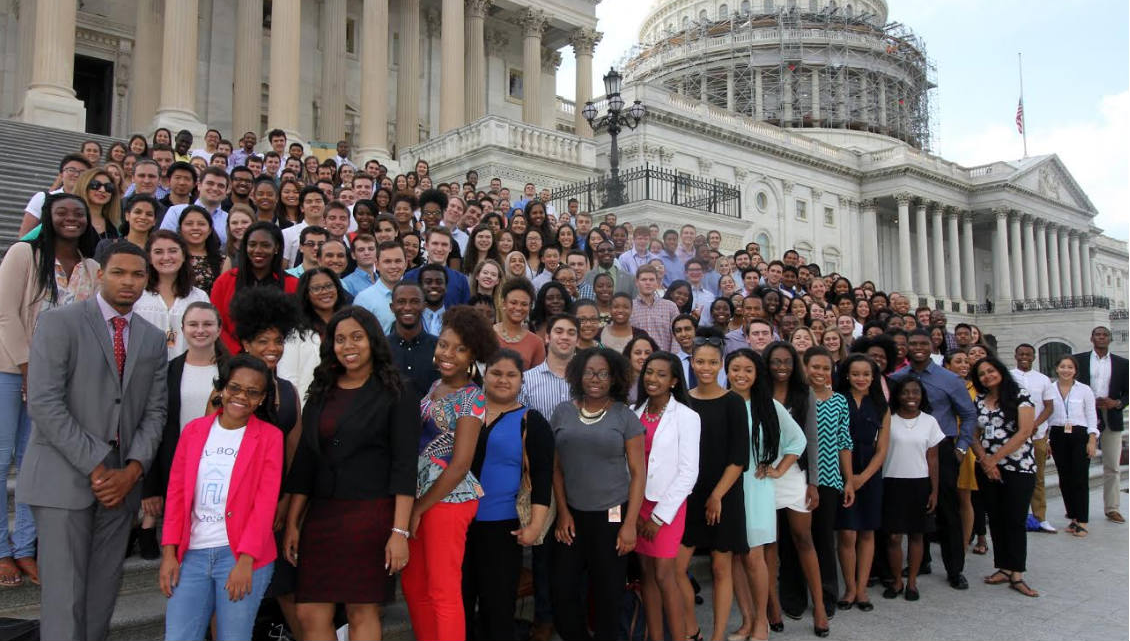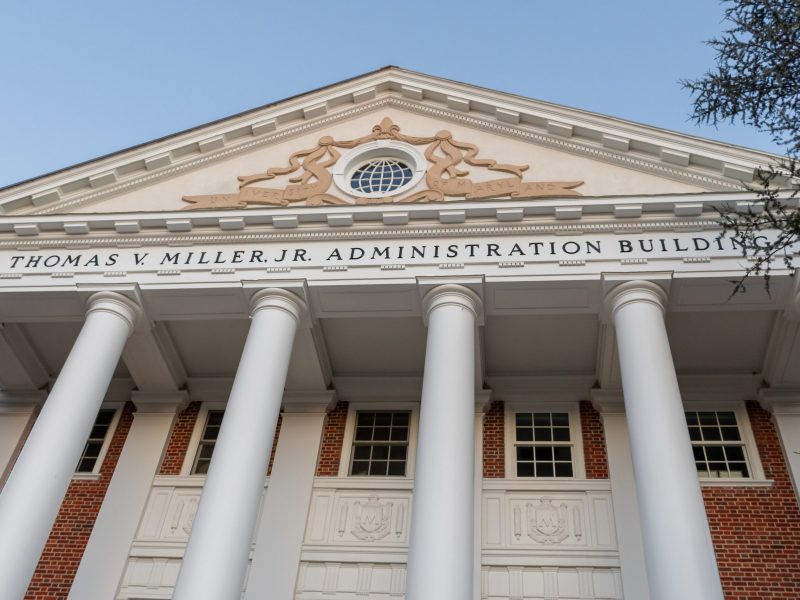“It’s the economy, stupid,” was the classic slogan of Bill Clinton’s 1992 presidential bid. His argument goes that Americans don’t care much about social and cultural issues — a voter’s choice is nearly always based on economic self-interest. After Donald Trump’s startling ascendance to the presidency, liberal Democrats are reviving the old mantra. They say Trump’s victory can be explained by the economic insecurity of white working-class workers in Rust Belt states. And, to win those voters back, the party should embrace the Bernie Sanders-Elizabeth Warren populist economic message.
This is a mistake.
Trump’s victory cannot be explained by economic anxiety, and liberal populism will not solve Democrats’ woes. Trump won because he made a clear cultural argument, promising the white middle and working classes a renewed place at the pinnacle of American society. And, to be a viable political force, American liberals need to craft a cultural answer to Trump. Economic populism simply won’t suffice.
During the 2016 election, no strand of conventional wisdom was as ubiquitous or incorrect as this: Trump’s primary appeal is to poor Rust Belt communities ravaged by offshoring and globalization. The data don’t support this assertion. During the primary, Trump voters had a median income of $72,000. They are far wealthier than the median American, who makes $56,000 a year, as well as Hillary Clinton and Sanders voters. Both groups average about $61,000.
A large part of this discrepancy is race: Trump’s primary voters were overwhelmingly white, and whites statistically have higher incomes than members of minority groups. But this should at least disprove the notion that economic anxiety is wholly to blame for Trump. If it were, black and Latino voters wouldn’t have overwhelmingly voted for Clinton. Some might rejoinder that Trump appealed to whites who are struggling economically. But Gallup data show that, among demographically similar whites, more affluent individuals tended to view Trump more favorably. And, according to the same analysis, Americans who lived in communities ravaged by the loss of manufacturing jobs were no more likely to support Trump.
Economic anxiety isn’t the cause of Trump’s success. And fiery economic populism on the left won’t set off a Democratic resurgence in the Rust Belt. For one thing, Democrats already have policies that are better for working-class whites. It seems not to matter one whit. Take Clay County, Kentucky, ground zero for white economic struggle. Obamacare — a liberal Democratic policy — reduced Clay County’s uninsured rate from 27 percent in 2013 to 13 percent in 2015. And 87 percent of Clay County voters voted for the guy who wanted to repeal it. Additionally, the Democrats — such as Sen. Joe Manchin in West Virginia and Sen. Claire McCaskill in Missouri — who have been successful running in states that are heavily white and working-class aren’t liberal populists. They are economic moderates.
Trump’s appeal is primarily cultural. People have a fundamental need for cultural differentiation. We need to prove that our cultural identity is special and important. When a community feels undervalued, there is a backlash. After two terms of an African-American president and increasing ethnic diversity, it’s unsurprising that middle-class whites, once the definition of American identity, would lash out. White Americans, despite their relative economic security, feel a decline in their cultural position. Sociologist Arlie Hochschild, who has spent years studying conservative rural whites, describes the story these Americans tell themselves: We’ve been waiting in line for the American dream, but others — migrants, minorities, urban elites — have been cutting in front of us.
Trump presented the perfect answer to this cultural anxiety. He promised to stop the minorities and migrants from cutting in line and restore white middle- and working-class Americans to cultural primacy. For his fans, Trump’s character doesn’t matter. Neither do his policies. What matters is a feeling he gives them. A feeling that America will be made great again for them.
American liberals now face a pressing demand. We need to tell a different story, one that defines American identity by emphasizing how diversity and inclusion gives us strength. This story needs to convince Trump’s supporters that white nationalism isn’t in their economic or cultural interest. Because when cultures fracture within a nation, the nation as a whole becomes weaker. I won’t pretend to know all the details of this counter-narrative. It’ll take years to develop and refine. But by responding to a cultural argument with an economic one, liberals won’t break through. And people who care about the poor, social justice and basic political freedoms must break through. The stakes are too high.
Max Foley-Keene is a freshman government & politics major. He can be reached at maxfkcap2016



